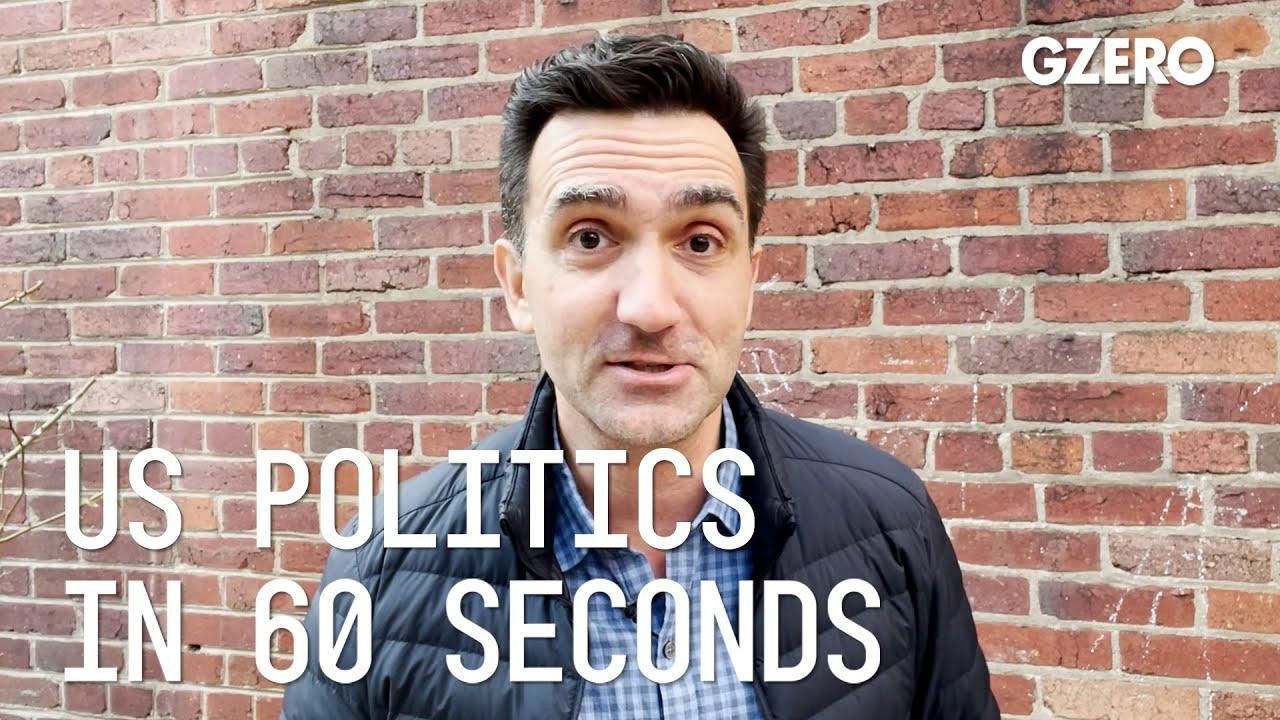
Jon Lieber, Managing Director of the United States for the Eurasia Group, shares his insights on US politics in Washington, DC:
Another stimulus bill is about to pass the Senate. Why won't the minimum wage be going up?
Well, the problem with the minimum wage is it didn't have the 50 votes it needed to overcome the procedural hurdles that prevent the minimum wage when traveling with the stimulus bill. Clearly support for $15 an hour minimum wage in the House of Representatives, but there's probably somewhere between 41 and 45 votes for it in the Senate. There may be a compromise level that emerges later in the year as some Republicans have indicated, they'd be willing to support a lower-level minimum wage increase. But typically, those proposals come along with policies that Democrats find unacceptable, such as an employment verification program for any new hire in the country. Labor unions have been really, really fixated on getting a $15 an hour minimum wage. They may not be up for a compromise. So, we'll see what happens.
What's next for Congress after the stimulus?
What's next is probably more stimulus. Over the summer, you're going to see Democrats focus on doing a lot of nominations for executive branch nominees, as well as starting to apply pressure on some of their more moderate members to eliminate the legislative filibuster. If they eliminate the legislative filibuster, that will open up a whole suite of new possibilities, including voting rights reforms that will be critical for the Democrats if they want to maintain the majority in the House of Representatives going forward because the voting rights reform bill that passed the house would block partisan gerrymandering that's helped Republicans get a structural advantage that's kept them in the majority now for quite some time. And will probably be helpful and winning it back for them in 2022.
Texas is open. What's happening in the Lone Star State?
Well, Texas is the first large state to fully reopen and to eliminate any restrictions on coronavirus. That means no mask mandate, no capacity restrictions on restaurants. Governor Abbott recognizes that coronavirus is still an issue in his state, but sees the hospitalization and death numbers going down, and the vaccination numbers going up. He claims they have the testing ability to keep the virus under control even without these restrictions on people's movements. And that's probably a pretty popular move in Texas. The reality is even without the mask mandates, some restaurants and individuals are going to continue to wear masks and insist that their customers do. And they're going to keep social distancing and all that. And even under the mask mandates, a lot of people weren't following the rules anyway. So, this is going to be a trend that happens over the next six to eight weeks as vaccinations become widely available in America. And you're going to see more and more states start to drop their restrictions, which is likely to lead to an economic boom in the spring going into the summer.